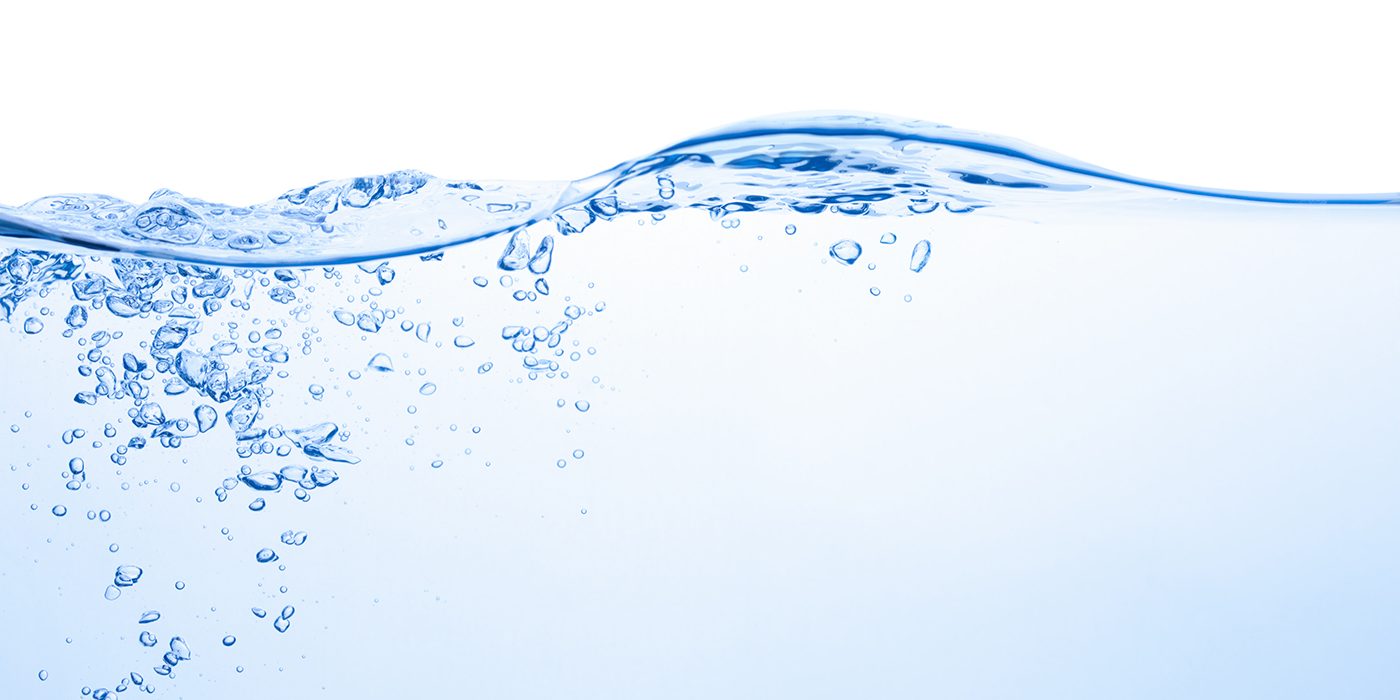Water purification and quality is a way to remove contaminant from drinking water and make it fit for consumption or for any other purpose such as industrial, chemical, pharmacological, and medical application. Water quality simply talks about the characteristics of the water. It is the condition of the water with respect to the purpose or usage.
Interestingly, water purification and quality are two different terms that are commonly used together because of their relationship. Purification of water could be done in several steps such as coagulation, sedimentation, filtration, and disinfection but water quality determines if the purified water is good enough for the purpose for which it was purified.
The purpose in question determines the water purification and quality method that should be leveraged. Water can be purified for human consumption and it can also be purified for industrial, medical or chemical application. To purify water for human consumption, usually it is disinfected by passing it through chemicals like chlorine in order to eliminate or kill bacteria.
Filtration could be a sufficient water purification and quality process for some applications but it is not sufficient if the purpose of the purification is for human consumption. In addition, water purification for drinking purposes is aimed at a specific standard set by the government. In some cases, an international standard may be used.
Why Water Purification and Quality is Important?
Needless to say, the life and health of an ecosystem or environment depends on the quality of its water. The poorer the water quality, the poorer the health; the reverse is also the case. Water from streams and river is used for fishing, farming, mining, and even tourism and recreation. In other words, if the water quality of an environment is poor, the environment not only suffers but the commercial and recreational activities in such a location also suffer. With water purification and quality, the quality of water can be improved and this will directly reflect on the environment and human activities.
Factors that Affect the Water Quality
Water quality in an environment can be affected by a number of factors. Some of the most common factors affecting water quality include agriculture, recreation and urban activities and usage. The fact is that water is never 100% pure except in the gaseous state. In the liquid state, a number of factors can affect the quality. The water quality can even be affected by the weather. This is primarily one of the reasons why water purification and quality is very important.
With water purification and quality, the contaminant can be removed and the water can be made fit for consumption and usage. It is never good to assume that water from a water source is pure or has high quality. In the past, spring water is assumed to be pure but nowadays, water from such source is examined to determine if it has contaminants and then appropriate treatment method is used to remove such contaminant from the water to make it fit for consumption and usage.

